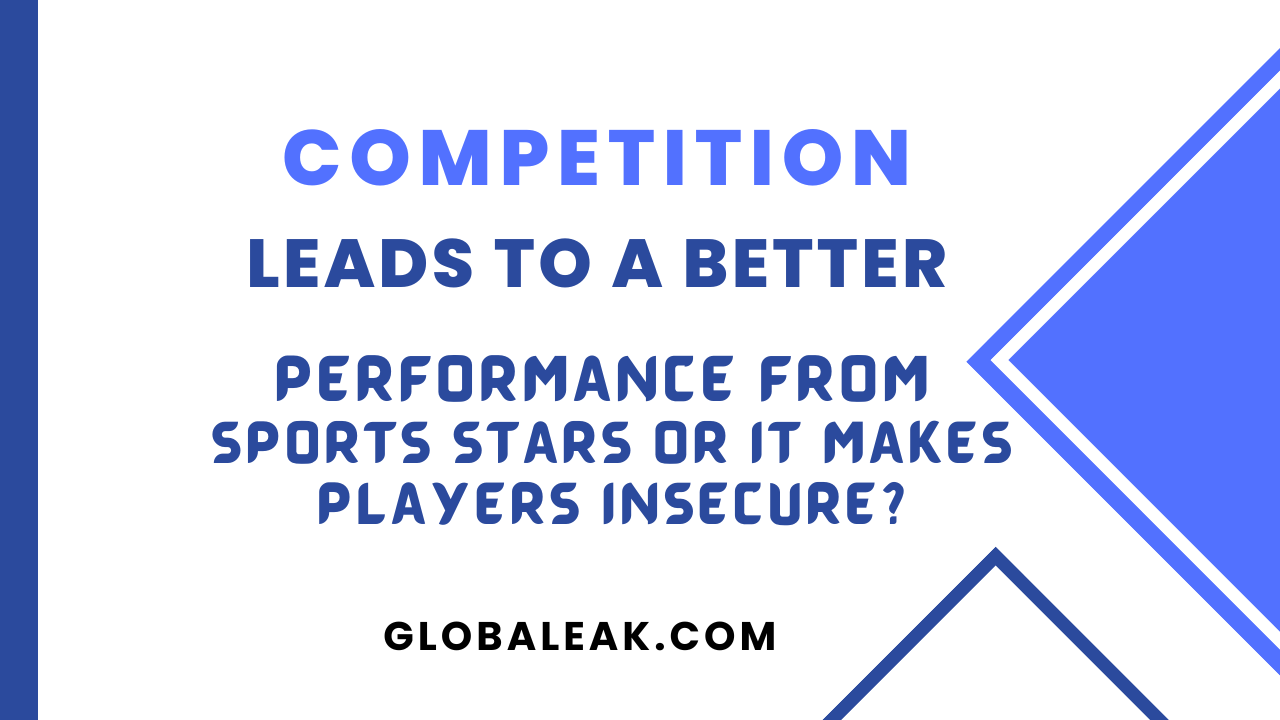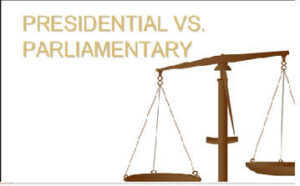Competition in sports can have both positive and negative effects on athletes, and its impact can vary from person to person. A balanced approach that emphasizes personal growth, sportsmanship, and a healthy competitive spirit can help mitigate the potential negative effects of competition. Coaches, parents, and sports organizations play a crucial role in creating an environment that supports athletes’ development both as competitors and as individuals.
Here are the different perspectives on how competition can influence athletes:
Competition Leads to Better Performance
Motivation
Competition often serves as a powerful motivator for athletes. The desire to excel and outperform rivals can push athletes to train harder, set higher goals, and continuously strive for improvement.
Pushing Limits
The presence of strong competitors can push athletes to discover and surpass their own limits. It encourages them to explore their full potential and achieve feats they may not have thought possible.
Fostering Innovation
The pursuit of winning can drive athletes and coaches to innovate, seeking new strategies, techniques, and training methods to gain a competitive edge.
Skill Development
Competing against skilled opponents provides opportunities for athletes to develop and refine their skills in real-game situations, leading to a higher level of proficiency.
Adaptability and Resilience
Dealing with competition teaches athletes to adapt to changing circumstances, handle pressure, and bounce back from setbacks, all of which are valuable life skills.
Competition Makes Players Insecure
Pressure and Anxiety
Intense competition can lead to heightened levels of stress and anxiety, especially if athletes feel immense pressure to perform well. This can, in turn, lead to feelings of insecurity.
Fear of Failure
The fear of not meeting performance expectations or losing to rivals can create insecurity and self-doubt in athletes.
Comparison and Self-Esteem Issues
Constantly comparing oneself to competitors can lead to feelings of inadequacy or low self-esteem, especially if an athlete perceives themselves as falling short.
Overemphasis on Winning
A hyper-focus on winning can make athletes overly critical of their own performance and place undue importance on the outcome of a competition.
Lack of Enjoyment
Excessive emphasis on competition can lead to a loss of the joy and passion that originally drew an athlete to their sport. Ultimately, the impact of competition on an athlete’s performance and mental well-being depends on various factors, including the individual’s personality, mindset, support system, and the way competition is managed and perceived.
📍 English Language Educator | Blogger & Content Strategist | 7+ Years in Educational Blogging
Nosheen Bashir is a dedicated English teacher and experienced blogger with over seven years of expertise in content creation and educational writing. Passionate about language, literature, and effective communication, she combines her teaching experience with blogging skills to create insightful, research-backed content that helps learners and educators alike.
🔹 Expertise & Achievements:
✔ English Language Education: A skilled educator with years of experience in teaching English grammar, literature, and communication skills to students of varying levels.
✔ Educational Blogging: Running a successful blog for 7+ years, delivering well-structured, engaging content on language learning, writing techniques, and academic success.
✔ SEO & Content Strategy: Specializes in creating high-ranking, authoritative articles that follow Google’s EEAT principles, ensuring content that is both informative and search-friendly.
✔ Student-Centric Approach: Committed to making English easier, engaging, and accessible, helping readers and students improve their language proficiency.
🚀 With a passion for teaching and writing, Nosheen Bashir is dedicated to crafting educational content that empowers students, teachers, and language enthusiasts worldwide.










